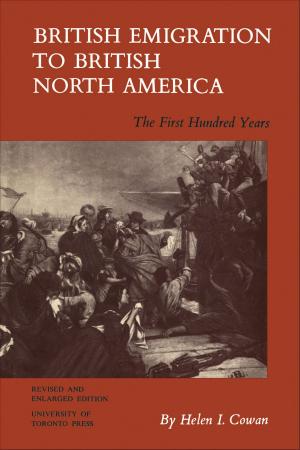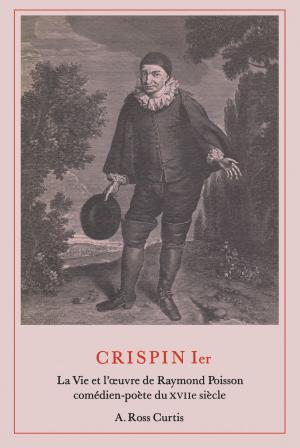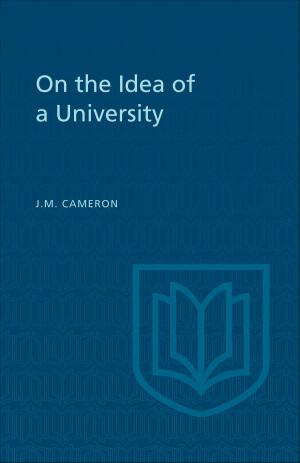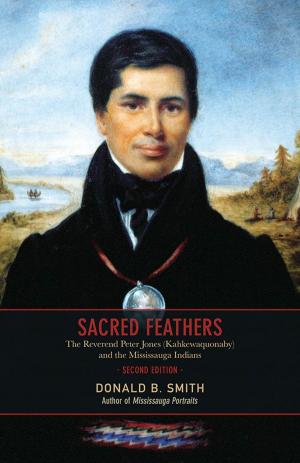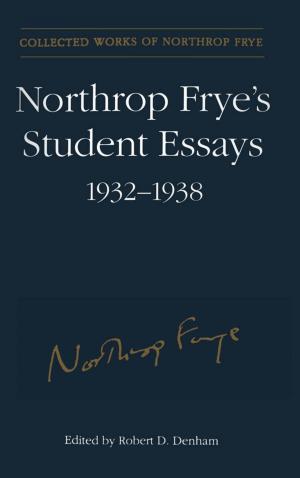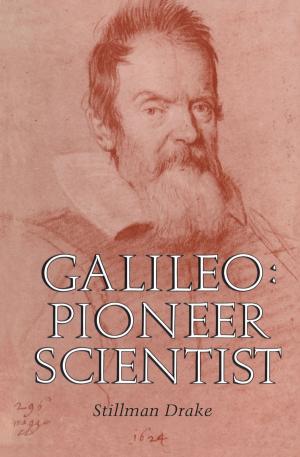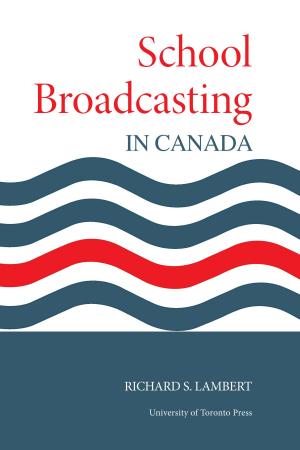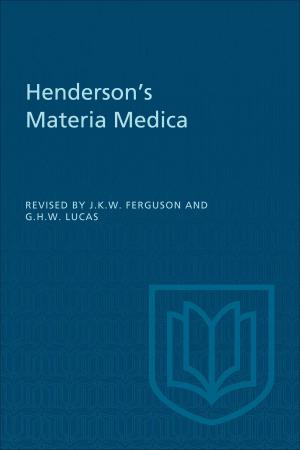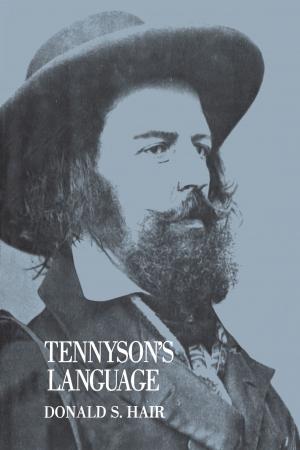This Is Not a Peace Pipe
Towards a Critical Indigenous Philosophy
Nonfiction, Social & Cultural Studies, Social Science, Cultural Studies, Native American Studies, Religion & Spirituality, Philosophy, Political| Author: | Dale Turner | ISBN: | 9781442690790 |
| Publisher: | University of Toronto Press, Scholarly Publishing Division | Publication: | February 6, 2006 |
| Imprint: | Language: | English |
| Author: | Dale Turner |
| ISBN: | 9781442690790 |
| Publisher: | University of Toronto Press, Scholarly Publishing Division |
| Publication: | February 6, 2006 |
| Imprint: | |
| Language: | English |
How can indigenous people best assert their legal and political distinctiveness? In This is Not a Peace Pipe, Dale Turner explores indigenous intellectual culture and its relationship to, and within, the dominant Euro-American culture. He contends that indigenous intellectuals need to engage the legal and political discourses of the state, respecting both indigenous philosophies and Western European intellectual traditions.
According to Turner, the intellectual conversation about the meaning of indigenous rights, sovereignty, and nationhood must begin by recognizing, firstly, that the discourses of the state have evolved with very little if any participation from indigenous peoples and, secondly, that there are unique ways of understanding the world embedded in indigenous communities. Further, amongst indigenous peoples, a division of intellectual labour must be invoked between philosophers, who possess and practice indigenous forms of knowledge, and those who have been educated in the universities and colleges of the Euro-American world. This latter group, Turner argues, must assert, protect, and defend the integrity of indigenous rights, sovereignty, and nationhood, as they are the ones able to 'speak the language' of the dominant culture while being guided by their indigenous philosophies.
This is Not a Peace Pipe is a work that will be controversial amongst indigenous scholars by upsetting the assumptions many have about how best to fight for recognition of their legal and political distinctiveness. It will be debated for years to come.
How can indigenous people best assert their legal and political distinctiveness? In This is Not a Peace Pipe, Dale Turner explores indigenous intellectual culture and its relationship to, and within, the dominant Euro-American culture. He contends that indigenous intellectuals need to engage the legal and political discourses of the state, respecting both indigenous philosophies and Western European intellectual traditions.
According to Turner, the intellectual conversation about the meaning of indigenous rights, sovereignty, and nationhood must begin by recognizing, firstly, that the discourses of the state have evolved with very little if any participation from indigenous peoples and, secondly, that there are unique ways of understanding the world embedded in indigenous communities. Further, amongst indigenous peoples, a division of intellectual labour must be invoked between philosophers, who possess and practice indigenous forms of knowledge, and those who have been educated in the universities and colleges of the Euro-American world. This latter group, Turner argues, must assert, protect, and defend the integrity of indigenous rights, sovereignty, and nationhood, as they are the ones able to 'speak the language' of the dominant culture while being guided by their indigenous philosophies.
This is Not a Peace Pipe is a work that will be controversial amongst indigenous scholars by upsetting the assumptions many have about how best to fight for recognition of their legal and political distinctiveness. It will be debated for years to come.

